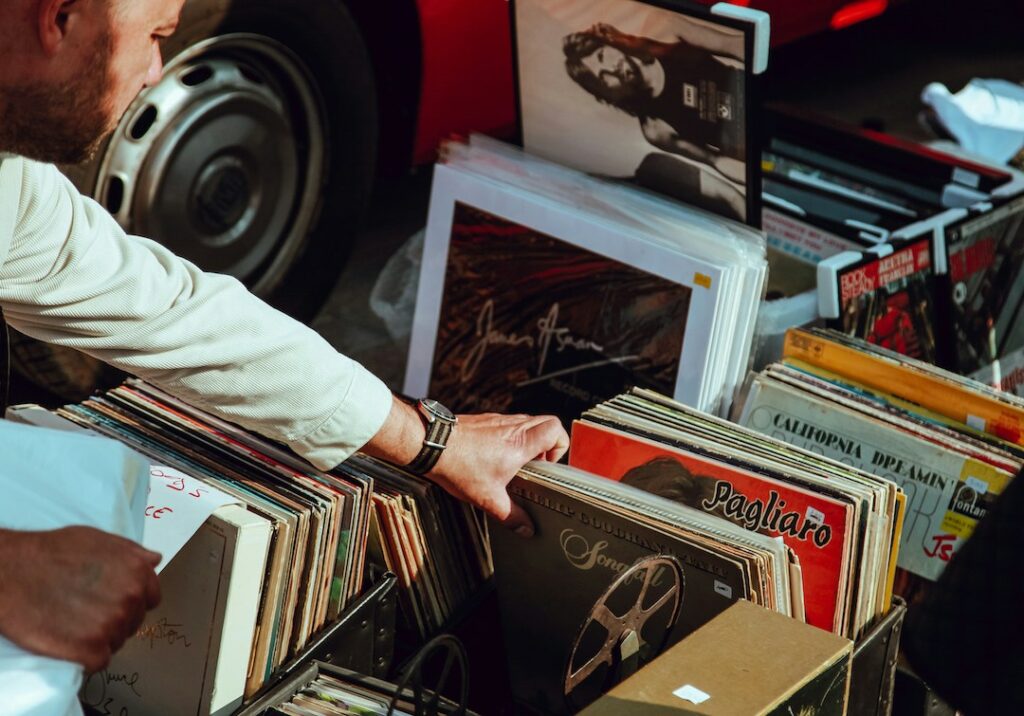For your next event it might be a good idea to turn back the clock
Snail mail, the post office, going to the library to find information — guess who’s longing for that? Turns out more people than you’d think.
Boomers, Gen Xers and older millennials are now the last people to remember what it was like to use a pay phone, a paper map, a typewriter, etc. But there’s mounting fascination among the those younger in how people socialized, found where they were going, and got things done before the mid-1990s.
According to a new survey, Americans are yearning for an era before constant connectivity. Many people born after 1980 would welcome returning to a time when the internet did not exist. The survey, conducted by the Harris Poll for Fast Company, found that young people have a strong feeling of nostalgia for what they view as a simpler time before technology played such a central role in their lives and social media did not exist.
Older millennials and Gen Xers in particular felt this way. In response to a question about returning to a time before access to the internet and smartphones was ubiquitous —77 percent of respondents age 35-54 said they would like that, the highest of any group.
Of course, Americans in that demographic can more clearly remember what the pre-internet era was like, but even younger respondents who have no memory of a world before social media indicated that they wouldn’t mind returning to our analog roots: 63 percent of 18- to 34-year-olds agreed with the idea, versus only 37 percent who disagreed. Surprisingly, baby boomers were slightly less enthusiastic about turning back the clock., Only 60 percent of people over 55 said they would like to return to analog age. All told, though, a decisive 67 Percent of respondents agreed that, if given the choice, they would prefer the world as it used to be, versus only 33% who seem to think things are perfectly fine the way they are.
While two thirds of the respondents want to seek refuge from constant connectivity, an overwhelming 90 percent also said that being open-minded about new technologies is important. That opinion was consistent across all demographics. About half of the respondents even identified themselves as early adopters of new technologies.
Still, people definitely have misgivings about the speed and sometimes blunt force with which new technologies are being thrust upon us. Roughly half have difficulty keeping up with the pace of new technology, and believe technology is more likely to divide people than unite them. Not surprisingly, younger respondents were the most pessimistic in this area, with 57 percent of those of under 35 agreeing that technology divides, versus 43% who disagreed.
So how can meeting and event planners use this information? For starters, adding more free time into event itineraries could help. Planners might also consider including a Pre-internet theme party as part of an event. Check out the story in the link below for tips on how to create the event.
Read more: Unplugged
Any thoughts, opinions, or news? Please share them with me at vince@meetingsevents.com.





